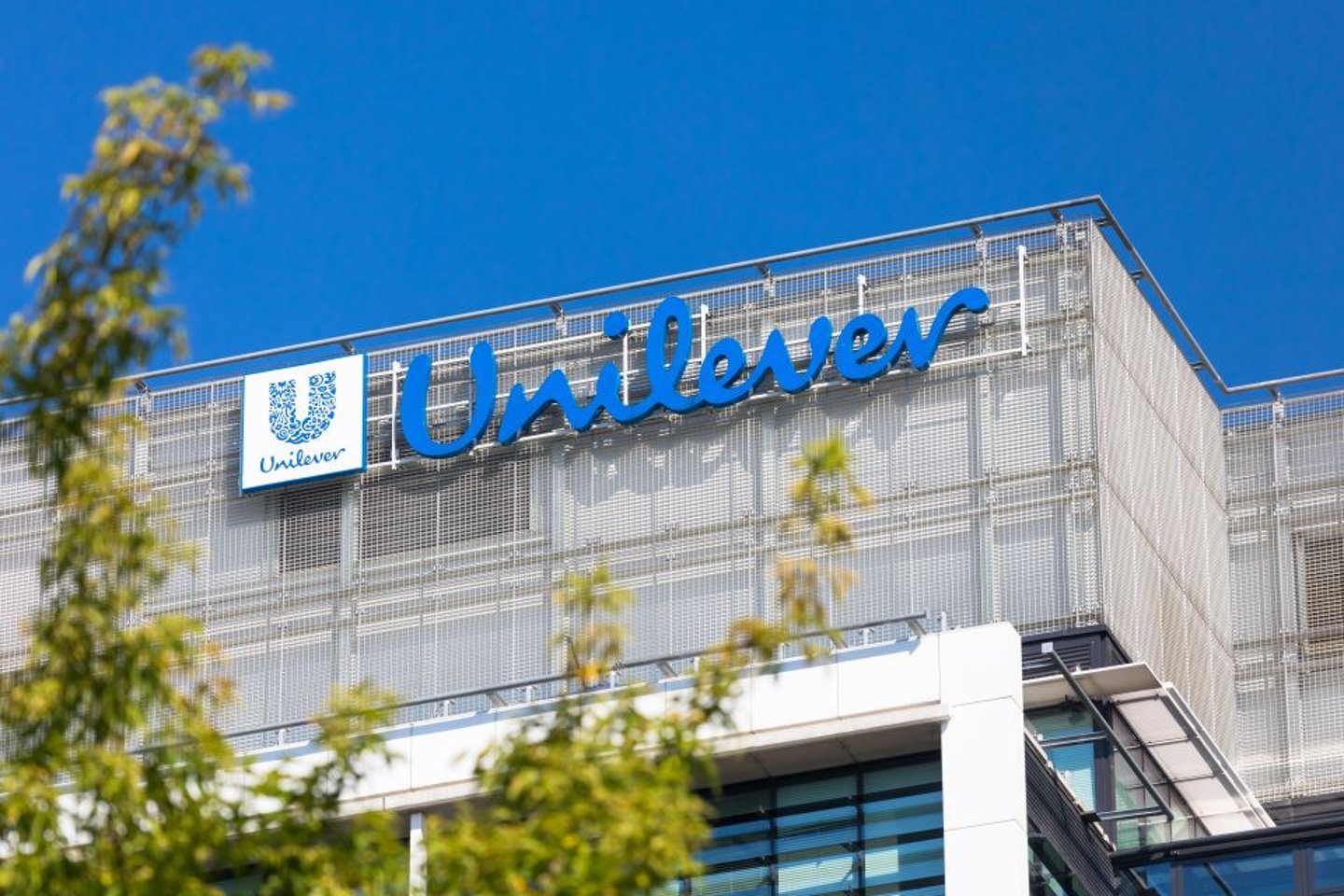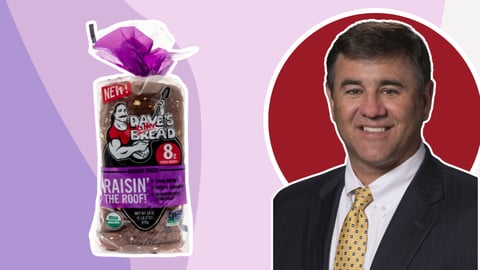Unilever Tackles India’s Stock-Outs and Supply Chain Roadblocks With New Retail Partner Digital Platform
Why the Move Is So Important
Unilever says India’s market relies heavily on sales from millions of these stores. These retailers often had to meet with sales reps in person to put in orders, forcing them away from their stores, and sometimes requiring them to pay cash at local wholesale markets to purchase products. Over a million retail stores have already adopted the app, which now covers around a quarter of Unilever’s general trade business in India.
Solving the credit problem: Unilever adds that Shikhar can potentially accelerate financial inclusion for India’s 10 million-plus Kirana shops, which often lack the paperwork banks require to extend credit in a traditional manner.
Consumer goods companies are increasingly giving their retail partners more visibility into inventory, access to powerful data insights they can leverage across their own supply chains, and convenience features that expedite processes. Unilever is the latest company to offer such a platform, delivering this and more to small retailers in the Hindustan Unilever (HUL) sector, the company’s Indian market.
The new service, delivered via a digital platform called the Shikhar app, allows Unilever’s small-scale retail partners (or Kirana stores) the opportunity to directly connect with HUL sellers and place orders 24/7.
The tool should help address many inefficiencies introduced by previously manual systems. For example, retailers who are low on inventory can simply place an order on the app and often have it delivered the next day. The platform also provides visibility into HUL’s full portfolio of products and relevant trade promotions that provide information about which items might be popular within their particular market.
Other capabilities include smart learning, with the app creating a curated portfolio for retailers that focuses on their areas of interest. There’s also multilingual support and voice search to improve ease of use. Additionally, retail partners can keep track of any credit they extended to their customers.
“With the rapid growth of smartphones in India in the past five years, we needed to innovate and digitize our business-to-business routes to market to help solve the pain points for our customers and avoid our value chain being disrupted by the new tech-first players.” — HUL CEO and Managing Director Sanjiv Mehta
The app, said Mehta, is helping to not only drive company sales, but also help retailers maximize their sales potential via digitization.
Unilever expects to continue updating the app with additional interactive features in order to reduce the time retail partners spend on managing their business so they can shift their focus toward customers and sales.
“Shikhar provides a unique, inclusive model which is a win-win for retailer and distributor, and complements the work of our sales reps,” said Mehta. “With smartphone penetration increasing in India, we expect more retailers to embrace online ordering in the near future.”
CG and Retail Partnerships Continue on Digital Path
While the functionality of this type of digital transformation varies by CG company, similar implementations are cropping up across the landscape.
Anheuser-Busch InBev’s BEES B2B sales platform, for example (also accessible via a mobile app), provides retail partners with the ability to place orders, schedule deliveries, manage invoices, and earn rewards. Through BEES, they can also access insights such as sales trends and locally relevant promotions and receive personalized product recommendations. Kraft Heinz is also leveraging AB InBev’s platform to expand its reach within emerging markets where it has little or no activity.
Meanwhile, in 2021, Coca-Cola introduced Wabi, a digital ecosystem that is providing similar assistance to its retail and bottling partners. Using the Wabi app, mom-and-pop-shops in certain regions can accept orders placed by consumers to have Coca-Cola items shipped to the nearest location (think ride-hailing services). This often results in delivery times under 20 minutes, according to the company, as these shops are typically 50 to 200 meters from the consumer.
“Of course, now that the rollout of smartphones and smart devices everywhere is expanding, you don't necessarily need the salesperson to turn up at the store in order to capture an order,” said James Quincey, Coca-Cola chairman and CEO, during an earnings call following the initial announcement.






